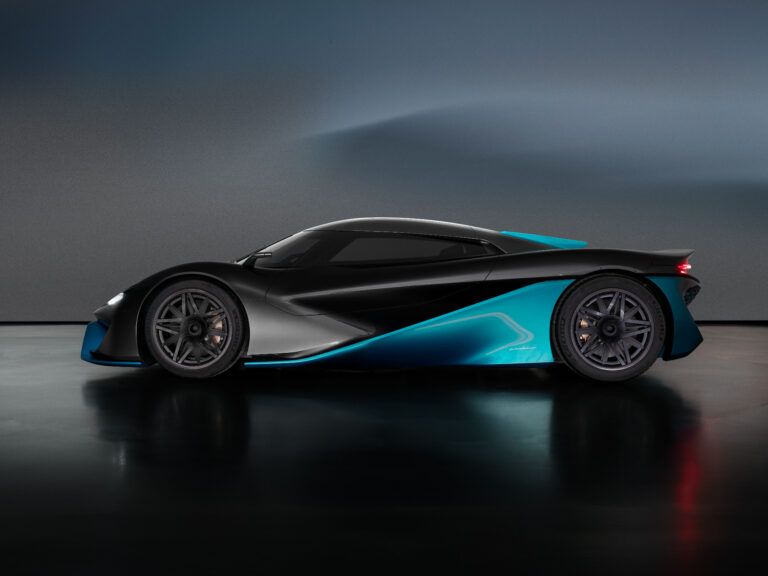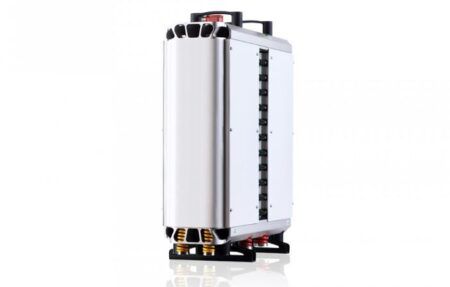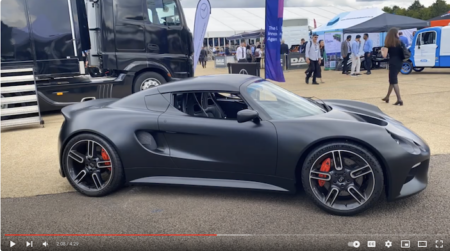Viritech, the creator of the 1,000bhp Apricale hydrogen fuel cell hypercar, has signed a Memorandum of Understanding with Reaction Engines, the inventors of the hybrid air-breathing rocket engine, to support the development of more efficient powertrains for hydrogen fuel cell electric vehicles (FCEVs).
Reaction Engines’ thermal management technology was originally developed for hybrid air-breathing rocket engines to quench airflow temperatures of over 1000˚C to ambient in a fraction of a second. In 2019, Reaction Engines launched their Applied Technologies division to bring their unique compact and lightweight thermal management to other sectors, including automotive.
The two companies will jointly explore the first use of Reaction Engines’ technology in FCEV powertrains. Thermal management of fuel cells has always been a challenge because their operating temperature requires a large surface area radiator to maintain the correct temperature. Reaction Engines’ technology promises to significantly reduce the size and weight of the cooling system for both the fuel cell and the battery pack, which is an integral part of all FCEV powertrains.
FCEV powertrains will play a vital part in the decarbonization of transport. For a 44-tonne truck, a battery-only powertrain is not viable, as it would reduce the payload of the truck by five tonnes. Hence for trucks, or any other vehicle where weight is critical (e.g. aerospace, shipping), fuel cells offer the best prospect of providing viable zero-emission propulsion. The UK’s Advanced Propulsion Centre forecasts that the UK will be manufacturing 140,000 fuel cell vehicles in 2035.





